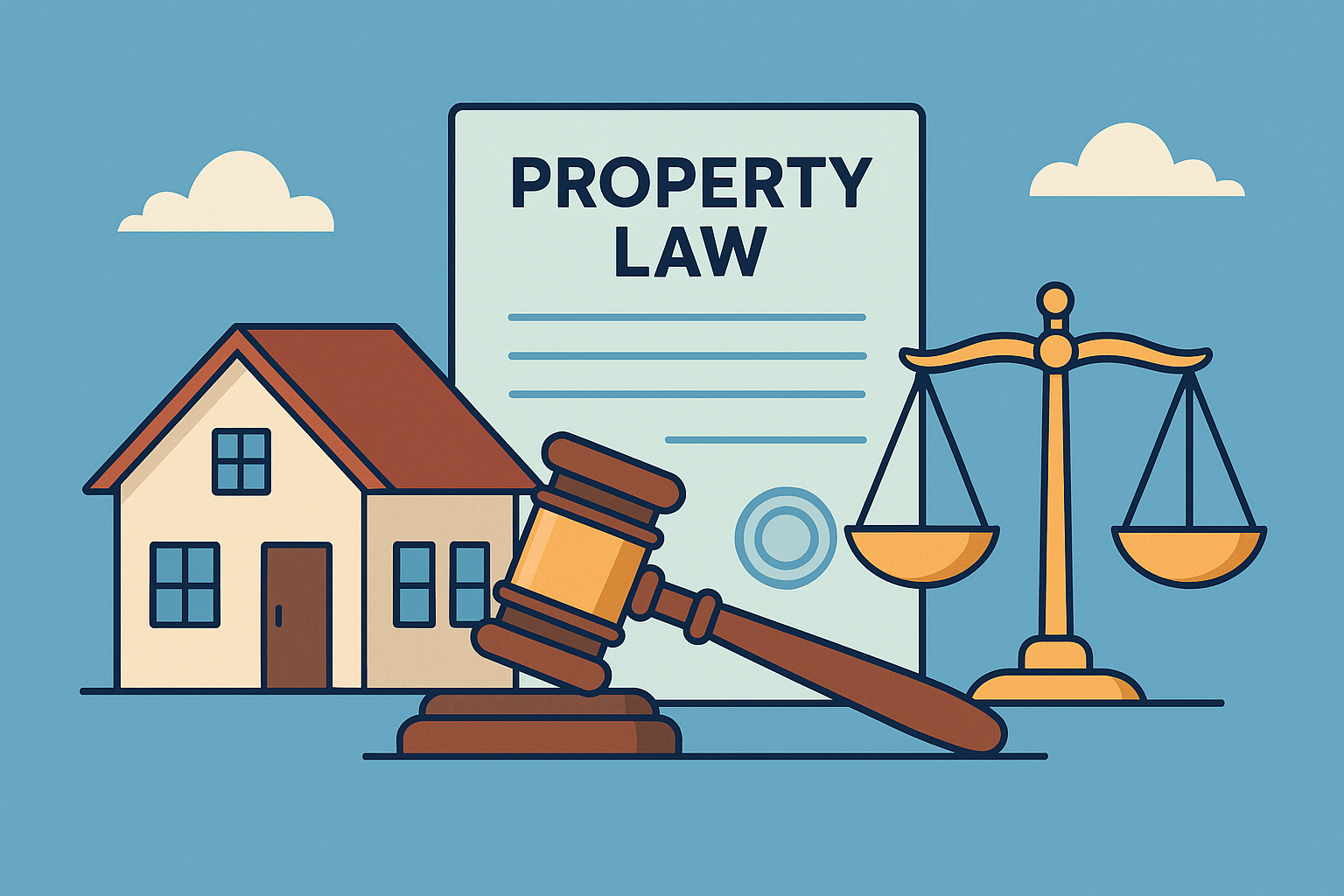Did you know that a staggering percentage of property disputes often arise from misunderstandings about property rights? Property law essentials are fundamental for every owner to grasp. Not just for preventing chaos but also for ensuring peace of mind.
Owning property can be a wonderful investment, but it can also come with challenges. Let’s delve into these essential laws every property owner should be aware of. Thus avoiding potential disputes.
Understanding Property Law Essentials
At its core, property law governs the various forms of ownership and tenancy in real estate and personal property. Understanding the basics can empower you to safeguard your rights and prevent issues. Here are some key concepts that every potential property owner should familiarize themselves with:
Types of Ownership
There are different ways people can own a property. You can own it all by yourself or share it with others. Each way has different rules about who can use it and what happens if someone wants to sell.
Leases and Tenancies
A lease is a paper that explains the rules when someone rents a home. It tells what the renter and the landlord must do. Knowing these rules helps everyone avoid problems.
Easements
An easement means someone can use part of another person’s land for a reason, like a path or a driveway. It doesn’t mean they own the land. Knowing about easements helps people get along and avoid fights.
Zoning Laws
Zoning laws tell you what kind of buildings can be in certain places. For example, some areas are for homes, and others are for businesses. You need to follow these rules if you want to build or change something.
Property Taxes
When you own a home, you have to pay property taxes every year. These taxes help pay for things like schools and roads. Knowing when and how much to pay keeps you out of trouble.
Grasping these fundamentals can help ward off disputes and allow everyone involved to know their rights and obligations.
The Importance of Clear Contracts
One of the primary reasons property disputes arise is from vague, incomplete, or poorly constructed contracts. Whether buying, selling, or leasing property, ensure that all agreements are documented in clear terms.
A good contract should clearly explain everything about the property it talks about. It should also list all the rules that everyone involved has agreed to follow. There should be clear due dates for anything that needs to be done.
Lastly, it should say what will happen if someone doesn’t follow the rules in the contract.
Taking the time to clarify these elements can save you from potential legal complications down the line.
When to Seek Legal Help
If you find yourself facing a conflict that cannot be resolved amicably, consulting with a property law attorney early on can be very beneficial. Legal experts can provide invaluable advice, help you understand your rights, and guide you through potential resolution strategies.
Ignoring legal disputes often results in increased tension and costs. Many property owners underestimate the impact of the cost of partition action and other legal proceedings.
Protect Your Investment with Knowledge
Understanding, implementing, and adhering to property law essentials is vital for any property owner. As you navigate the world of property ownership, ensure you arm yourself with the necessary information. By mastering these laws, you’re not only protecting your investment but also paving the way for responsible ownership and conflict-free relationships with neighbors.
Remember, knowledge is your best asset when it comes to property ownership!
For more legal tips, check out our blog posts now.












